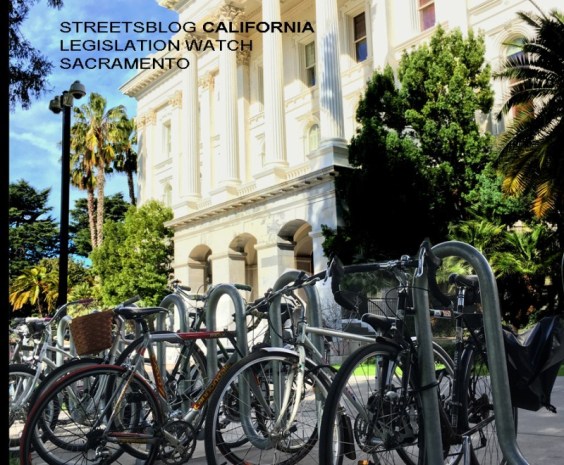"Cash for clunkers," the White House's much-touted program encouraging trade-ins for more fuel-efficient autos, had an "uncertain" impact on economic recovery, according to a new audit from the independent Government Accountability Office (GAO) -- largely because it remains unclear how many of the car sales it spurred would have occurred without taxpayer subsidies.
The GAO report casts doubt on several of the Obama administration's claims about the success of the "clunkers" plan, including the extent of its economic benefits and the emissions savings achieved by replacing older autos with more gas-sipping vehicles.
While the GAO's nonpartisan auditors concluded that "clunkers" program achieved its overall goal of promoting economic growth, they could reach no consensus on how to measure that stimulative effect. A laudatory "clunkers" report from the White House Council of Economic Advisers reached similar conclusions concluded that 64 percent of "clunkers" sales were "incremental," meaning that the trade-ins would have occurred regardless of whether government subsidies were on offer.
The U.S. DOT, using its own surveys, concluded that 88 percent of trade-ins under the program were effectively pushed forward in time; however, the GAO questioned the reliability of that data because the department "did not follow some generally accepted survey design and implementation practices." (ed. note. Streetsblog Capitol Hill contributor Ryan Avent made similar observations in August.)
Apart from its effect on vehicle sales, the trade-in program was also credited by the administration with increasing the U.S. gross domestic product. But the GAO found that assertion equally difficult to prove, citing interviews with auto executives who confirmed only that "clunkers" sales decreased their inventory. "[I]t is not clear how much of the reduction in inventory led to increased automobile manufacturing and, therefore, a positive impact on Gross Domestic Product," the auditors wrote.
The GAO found more holes in the administration's assertions about pollution savings achieved by the $3 billion "clunkers" plan.
The U.S. DOT concluded that the average beneficiary would consume 10 percent less fuel as a result of trading in their older autos, but that figure was estimated using the same flawed methodology that resulted in the 88-percent "incremental sales" figure.
In addition, the U.S. DOT did not attempt to measure the emissions generated by scrapping the traded-in "clunkers" and manufacturing the new vehicles purchased, which "may offset some of the program’s effect on emission reductions," according to the GAO.
Interestingly, the congressional Democrats who helped pass two rounds of "clunkers" spending depicted the GAO audit as a vindication of their efforts. Rep. Betty Sutton (D-OH) issued a statement calling the program “an overwhelming success," suggesting that the environmental effects of the auto trade-ins were ancillary:
The ["clunkers"] program was about more than just cars. It was about people. It was about our friends and neighbors who depend on auto-related jobs to support their families. And,it was about our communities that depend on auto-related jobs for theirtax base to support our schools, police, fire and other city services.





